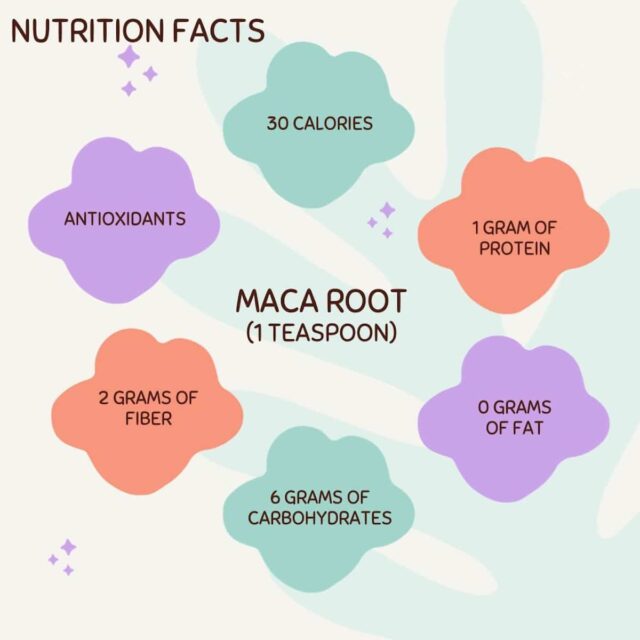Maca, a root vegetable native to the high Andes of Peru, has been historically revered for its potential health benefits, particularly in the realm of fertility and reproductive health. Over recent years, an increasing number of individuals seeking natural alternatives to conventional fertility treatments have turned their attention to maca. This review aims to delve into the purported benefits of maca for fertility, exploring the scientific evidence, traditional uses, and potential mechanisms through which maca might influence reproductive health.
Historical and Traditional Uses
For centuries, maca has been utilized by indigenous populations in Peru not only as a nutritional food source but also as a medicinal remedy. Traditionally, maca was consumed to enhance stamina, energy, and sexual function. The root was often prescribed to couples struggling with infertility, with anecdotal evidence suggesting improvements in reproductive outcomes. These traditional practices laid the foundation for modern scientific inquiries into the benefits of maca.
Nutritional Profile of Maca
The fertility-enhancing properties of maca have been attributed to its rich nutritional profile. Maca contains essential vitamins and minerals, such as vitamin C, copper, iron, and potassium. Additionally, it is a source of several bioactive compounds, including glucosinolates and polyphenols, which are believed to contribute to its health benefits. The presence of these nutrients supports overall health, which is a crucial factor in maintaining reproductive health.
Scientific Studies on Maca and Male Fertility
Several studies have investigated the effects of maca on male fertility, with promising results. A study published in the “Asian Journal of Andrology” demonstrated that maca supplementation led to an increase in sperm count and motility among healthy adult men. Another study, appearing in “Andrologia,” reported similar findings, with participants experiencing improved semen quality and increased seminal volume after maca supplementation.
The mechanisms through which maca enhances male fertility are thought to involve its impact on hormonal balance. Maca has been shown to modulate levels of luteinizing hormone (LH) and follicle-stimulating hormone (FSH), both of which play crucial roles in the regulation of reproductive functions. By influencing these hormones, maca may help to optimize conditions for sperm production and overall reproductive health.
Maca and Female Fertility
The potential benefits of maca for female fertility have also been explored. A study published in “Evidence-Based Complementary and Alternative Medicine” indicated that women who took maca experienced improvements in menstrual cycle regularity and a reduction in symptoms associated with hormonal imbalances, such as hot flashes and night sweats. These findings suggest that maca may help to regulate the endocrine system, thereby supporting reproductive health in women.
Additionally, maca has been observed to have a positive effect on libido and sexual function in women. A study published in “Menopause” found that postmenopausal women who consumed maca reported enhanced sexual desire and satisfaction. By potentially improving sexual function, maca may indirectly support fertility by increasing the likelihood of conception.
Potential Mechanisms of Action
The exact mechanisms by which maca influences fertility are not entirely understood, but several hypotheses have been proposed. One theory suggests that the adaptogenic properties of maca play a role in its fertility-enhancing effects. Adaptogens are substances that help the body adapt to stress, which is known to negatively impact reproductive health. By reducing stress and promoting a sense of well-being, maca may create a more favorable environment for conception.
Another proposed mechanism involves the antioxidant properties of maca. Oxidative stress has been implicated in various reproductive disorders, and antioxidants can help to mitigate its effects. The polyphenols and glucosinolates found in maca possess antioxidant properties, which may protect reproductive cells from oxidative damage and support overall fertility.
Safety and Dosage
The safety profile of maca is generally considered to be favorable, with few reported side effects. Most studies have utilized dosages ranging from 1.5 to 3 grams per day, which have been well-tolerated by participants. However, as with any supplement, it is recommended to consult with a healthcare professional before starting maca, particularly for individuals with pre-existing health conditions or those who are pregnant or breastfeeding.
Conclusion
The evidence supporting the benefits of maca for fertility is growing, with numerous studies indicating positive effects on both male and female reproductive health. The rich nutritional profile of maca, along with its potential hormonal and adaptogenic properties, may contribute to its fertility-enhancing effects. While more research is needed to fully understand the mechanisms and long-term benefits, the available data suggests that maca holds promise as a natural aid for those seeking to improve their fertility.
As interest in natural health remedies continues to rise, maca’s role in reproductive health will likely remain a topic of significant interest and ongoing research. For individuals considering maca as part of their fertility regimen, it is advisable to consult with healthcare professionals to ensure it is appropriate for their specific circumstances and to determine the optimal dosage for achieving desired outcomes.










